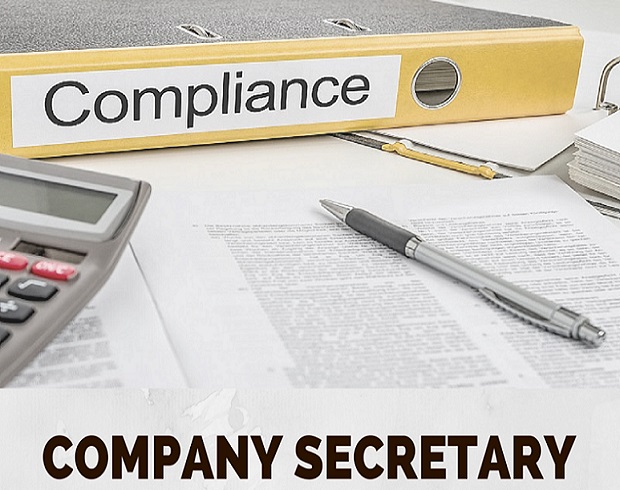Building Blocks of a Multi Generation Business

Many years ago I was going through a board evaluation assessment with a CEO and she shook her head in amazement. “I didn’t know that the outsourced company secretary was supposed to be doing all these things! I’ve clearly not been getting a good return on the monthly retainer I pay him.” Not wanting the company secretary to get unnecessarily blamed, I gently told the CEO that perhaps she didn’t know what she didn’t know and had not structured some of the duties that the assessment was reviewing into the company secretary’s contract. “Well now I know and I’m going to extract my pound of flesh. We’ve been doing too much ourselves,” was her pithy response.
Corporate governance can be a pain to executives who just want to get their day jobs done and deliver value to their key stakeholder: the shareholders. For many entrepreneurs who startup businesses, a large amount of their focus and energy is on driving revenue up, ensuring salaries and rent are paid and keeping the tax man off their weary backs. Bringing in a company secretary is viewed as a complete luxury and an unnecessary cost. Under the Kenyan Companies Act 2015, company secretaries are only required for private companies who have a paid up capital of Kshs 5 million and above. However every public company must have a company secretary. Not surprisingly, even for some public companies the role of company secretary is undertaken by their law firm and limited to filing statutory company returns including updating director or shareholder details in case of any changes in the same.
Thames Ltd (not its real name) is a Kenyan company. A private equity fund approached the owners to begin talks on how they could make an investment into the fast growing agro-processing company. The objective was to initially acquire up to 40% of the shareholding, which was attractive to the three original shareholders who wished to finally get a cash return from years of investing heavily in the business. However upon undertaking legal due diligence, it emerged that there were several missing minutes from the board’s deliberations. The transaction came to a screeching halt as a result. The key reason cited for the application of brakes was that it was difficult to determine how significant decisions had been arrived at in the past. Of concern was previous expansions that required heavy capital expenditure outlay and this, according to the private equity fund’s lawyers, was indicative of decision making on the fly. While this was not actually true as there had been extensive discussions about business expansions in the past, the three shareholders were hard put to provide written evidence of the same.
Consequently, the private investor walked away into the dollar denominated sunset, much to the chagrin of Thames’ shareholders. Following this debacle, the shareholders immediately appointed a company secretary who formalized their board meetings by issuing proper notices and agendas before each meeting, ensured board packs were prepared and sent out by management and created a proper minute recording regime including an action tracking log for matters arising out of each meeting. The company secretary function allows entrepreneur led businesses to begin aligning themselves into the corporate entities that years of growth and stability create. The function helps the entrepreneur separate board oversight from management execution when the company secretary goes beyond just being a minute taker.
A good company secretary will work in tandem with the board chairperson and the CEO to create insightful board agendas that enable the board to review past company performance while keeping sight of future strategic endeavours. By keeping a record of deliverables promised at board meetings, the company secretary will also ensure that management feel the heat of external oversight which should ideally begin to provide comfort to the entrepreneur who wishes to step back from active management as she grows older and considers handing over the reins to a new crop of management. The effective company secretary will ensure that the board becomes a separate and distinct institution from management and provide appropriate counsel to the board on its statutory responsibilities. The role should therefore be part of a founder’s retirement plan while setting up structures to ensure the survival of the business is sustainable when she steps down. It is noteworthy that this role is often outsourced to external company secretarial specialist firms, of which there are many in Kenya, rather than kept inhouse as an expensive headcount. The next time your company secretary comes in for a meeting – assuming you have one- pointedly ask him what he can do for your company’s sustainability as a business.
Twitter: @carolmusyoka
www.carolmusyoka.com

 carolmusyoka consultancy
carolmusyoka consultancy
 @carolmusyoka
@carolmusyoka